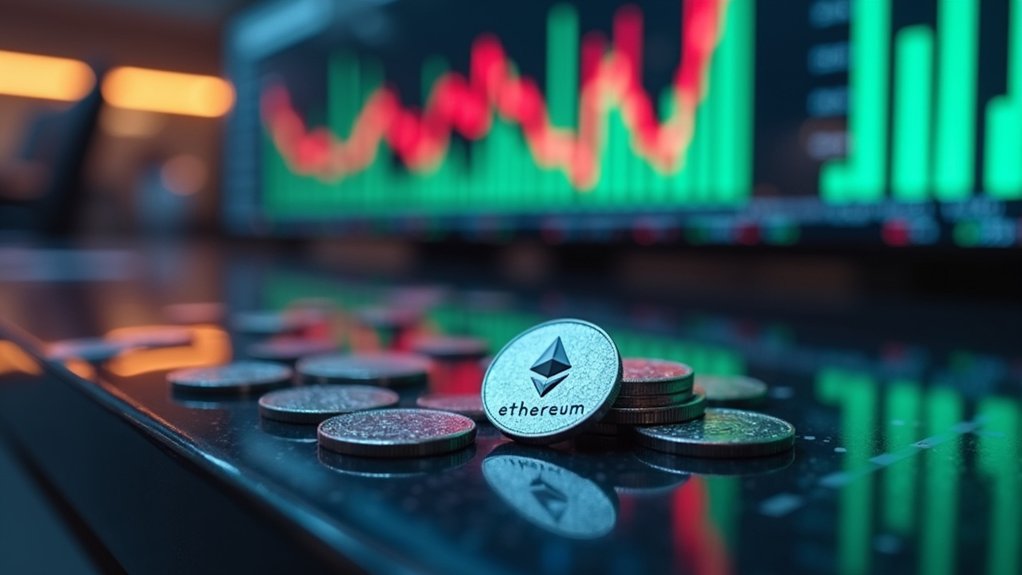Although framed as a strategic portfolio rebalancing rather than an opportunistic trade, BlackRock’s recent augmentation of its Bitcoin holdings—manifested in a 38.4% increase in Q2 2025 to approximately 1,000,808 shares and an aggregate custody position of roughly 662,500 BTC as of June 2025—signals a deliberate institutional pivot that reallocates $440 million from Ethereum into Bitcoin, elevates Bitcoin exposure within its Global Allocation Fund by 403% year-over-year through July 2024, and concentrates approximately 0.4% of the firm’s $17.1 billion assets under management into a single digital asset class, a move that not only contributed to a near-term 5.2% appreciation in Bitcoin’s market price but also underscores BlackRock’s intent to leverage enhanced liquidity and price discovery dynamics, to position IBIT as a mature, investable vehicle capturing roughly $86 billion in Bitcoin assets, and to catalyze broader industry responses from peers such as Fidelity and Invesco, thereby reframing the debate among institutional allocators from the binary question of adoption to the more nuanced calculus of quantum and duration of exposure. The transaction, situated within a broader strategic rationale that emphasizes Bitcoin’s capped supply and perceived hedge characteristics, is interpretable as a portfolio optimization that privileges scarcity and reserve-like attributes while accepting volatility as an instrument of long-term return enhancement, a stance that aligns with demographic tailwinds and digital transformation imperatives reshaping asset allocation norms. Regulatory considerations and operational safeguards, encompassing evolving cryptocurrency regulation and rigorous digital asset security protocols, figure prominently in the calculus, since institutional uptake depends on predictable supervisory frameworks and robust custody arrangements that mitigate counterparty, custody, and operational risks, thereby enabling fiduciaries to allocate material proportions of AUM to a non-sovereign asset class. BlackRock’s operations also reflect the necessity for meticulous record-keeping and compliance to satisfy tax reporting and regulatory obligations. Market implications extend beyond price appreciation, as BlackRock’s scale, evidenced by holdings exceeding 3% of total supply, alters liquidity parameters and market microstructure, prompting competitive responses from other asset managers and accelerating the maturation of product infrastructure, while also inviting scrutiny regarding concentration risk, indexation effects, and systemic interactions between traditional and digital markets, considerations that will inform subsequent allocation decisions across the institutional ecosystem. In addition, the firm’s digital asset business continues to demonstrate commercial traction, generating over $260 million in 2025. This trend echoes the broader institutional shift initiated by MicroStrategy’s early corporate strategy, which helped validate Bitcoin as an institutional reserve asset and inspired subsequent moves by large managers like BlackRock institutional adoption.
Author
Tags
Share article
The post has been shared by 0
people.









